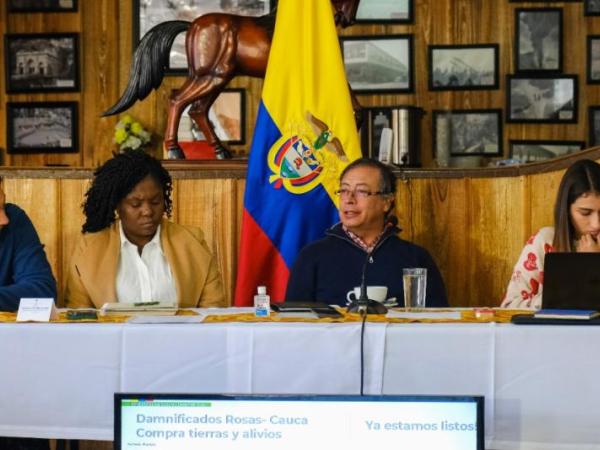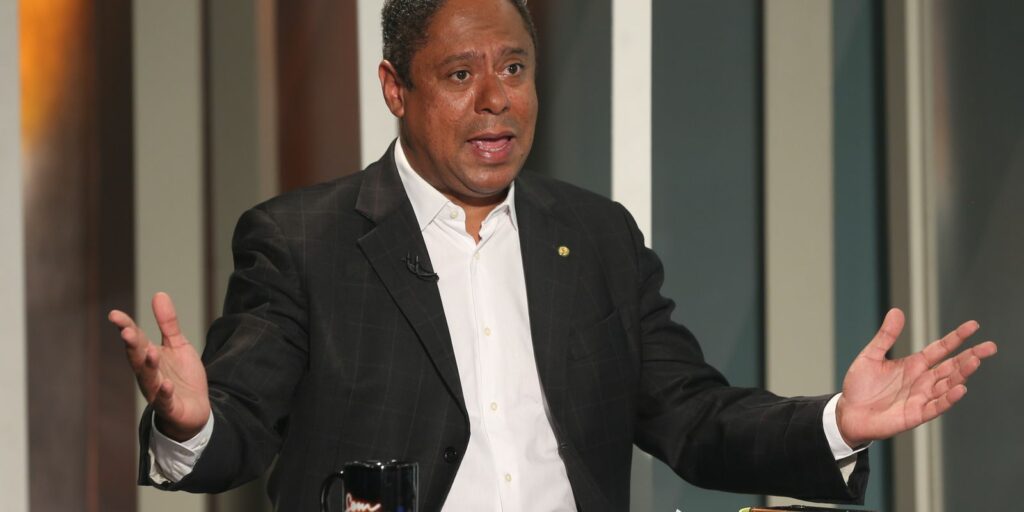The director of the National Institute of Human Rights (INDH), Consuelo Contreras, and the president of the National Television Council (CNTV), Faride Zerán, held a series of meetings in which they discussed the relevance of the commemorations that the country will carry out this year in the context of the 50th anniversary of the coup.
As representatives of organizations inspired by democracy, peace and respect for human rights, they consider that this situation is significant for national coexistence, for which reason they raise some considerations in order to remember that there are principles established both in Chilean regulations and in international treaties ratified by our country.
The heads of both organizations agree that there are bases for democracy and memory already agreed upon through the work promoted by organized civil society, groups of relatives of victims of human rights violations, among others, who have contributed to the truth , justice, reparation and historical memory, especially that related to the victims.
In this context, Zerán and Contreras invite the media to cover issues related to the commemoration of 50 years from a human rights perspective that respects these principles that are in the ethical codes of journalistic practice. A coverage that ensures the dignity of the victims and their families while strengthening the principles and values of a democracy whose media not only share these premises, but also assume the relevance of their social role.
Therefore, the authorities invite the media to bear in mind the following considerations:
- That human rights violations are unacceptable, regardless of the political, economic and social context that States face.
- That it is important for democracy and for the new generations to value and recognize various attempts to advance truth, justice, memory, reparation and measures of non-repetition, whether by the State through the creation of truth commissions; from civil society organizations, human rights, relatives of victims, religious organizations; of the justice systems and of the press that, despite the censorship and risks to the physical integrity of its professionals, timely reported the serious human rights violations perpetrated by the State and its agents for 17 years.
- That in contexts of circulation of hate speech, denial or disinformation, and in the exercise of their freedom of expression, the media have the responsibility to adequately inform considering judicial sentences, historical investigations, the testimonies of the victims and their families, and the files, among other sources.
- That the media are called upon to contribute to respect for human rights and the dignity of people, as well as to avoid the re-victimization of those who have been the object of human rights violations and relieve the role of defenders of human rights, truth, justice and memory.
- Finally, within the framework of the commemoration of the 50th anniversary of the coup, Zerán and Contreras consider that the commitment to the guarantees of non-repetition requires a collective effort, and in this sense the role of journalism and the media social constitutes an element to advance in a society that recognizes itself in its past and thus strengthens its present and future democracy.


















